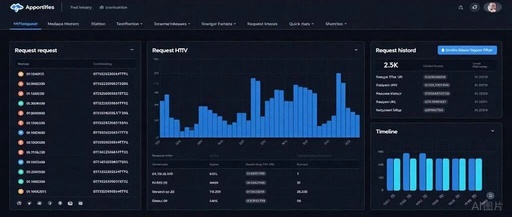Introduction to Dynamic Programming (DP) in C++ Programming – Lesson 7
Introduction Today, we will discuss DP, which stands for Dynamic Programming. There are many types of DP, such as Knapsack DP, Digit DP, Tree DP, and Bitmask DP… These are all advanced skills that I will share with you in the future. For today, let’s simply understand the basics of DP. 01 Dynamic Programming Concepts … Read more









